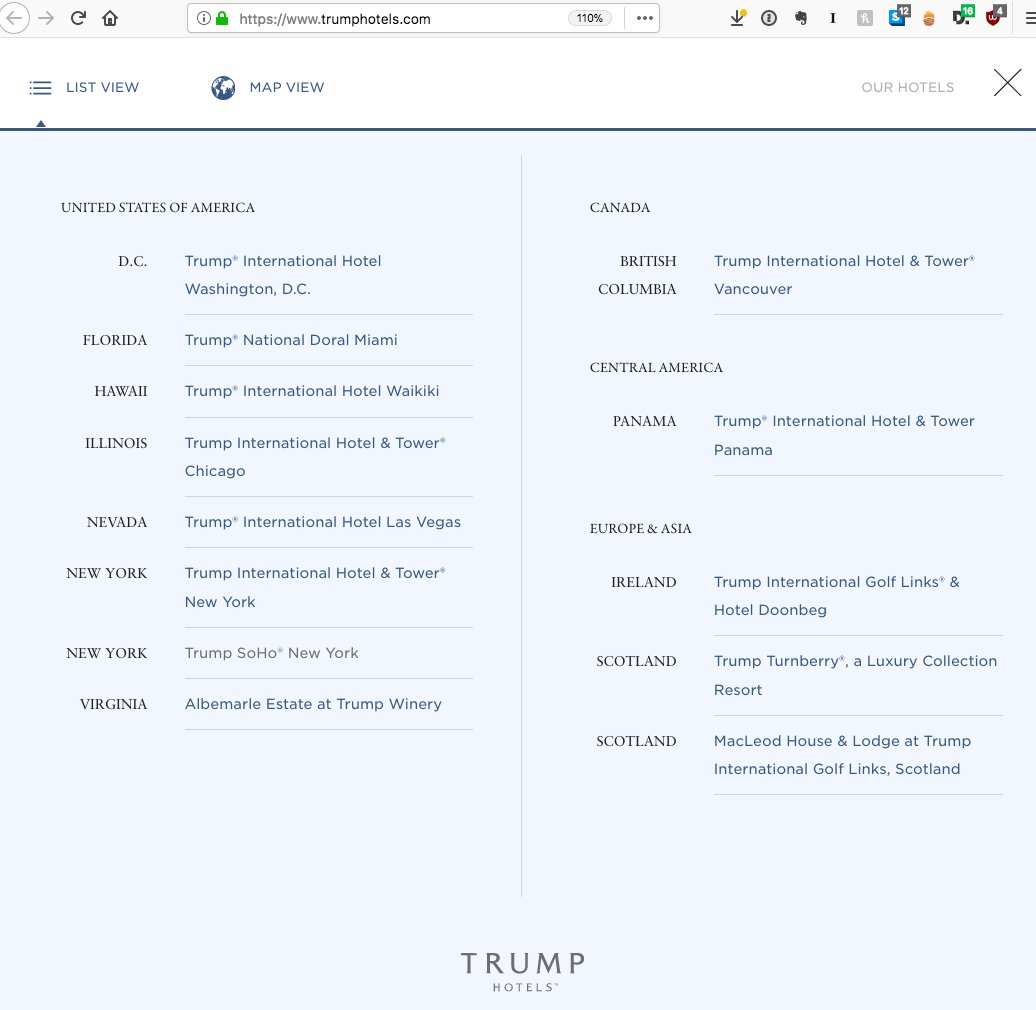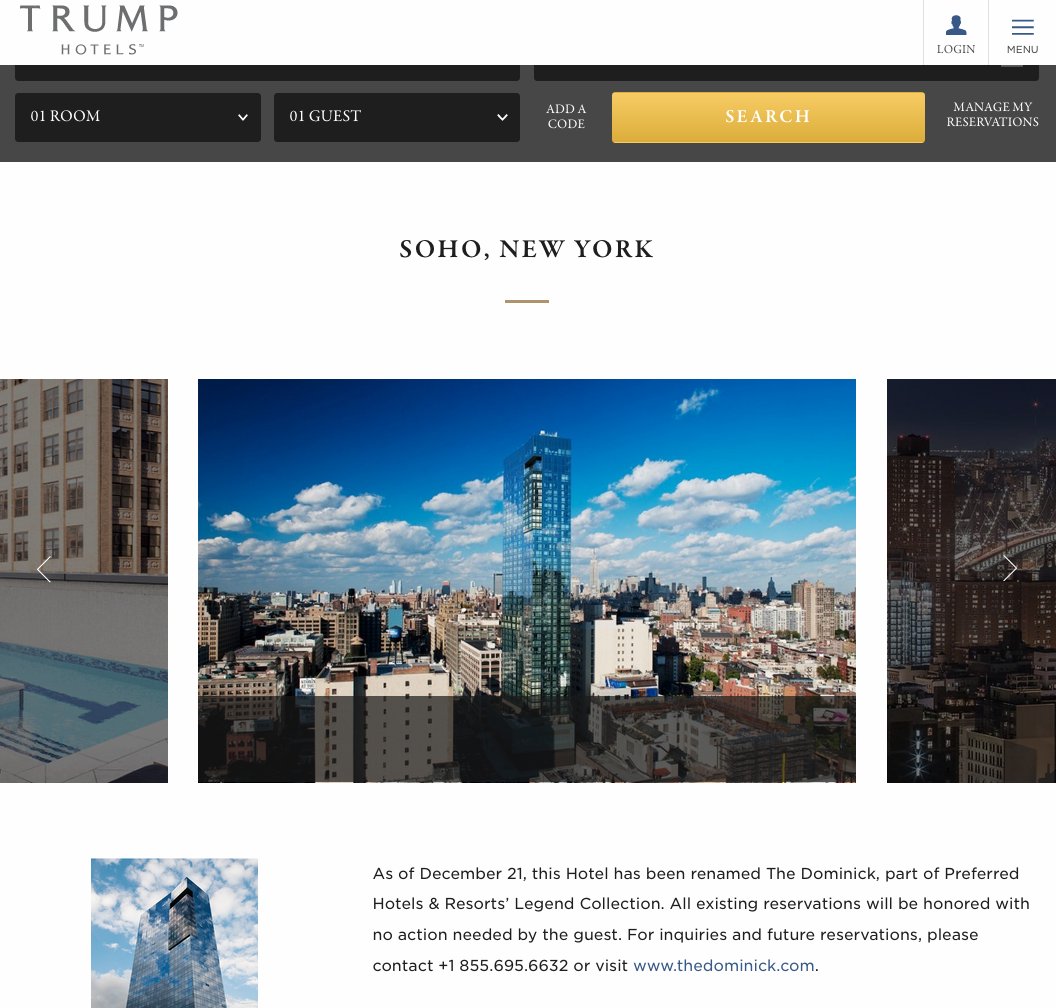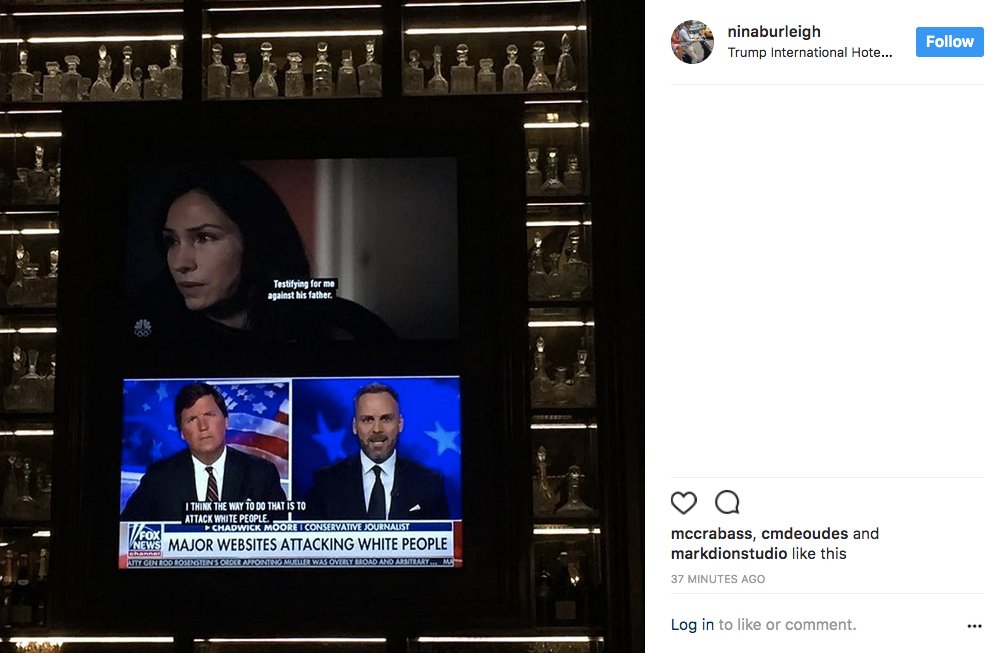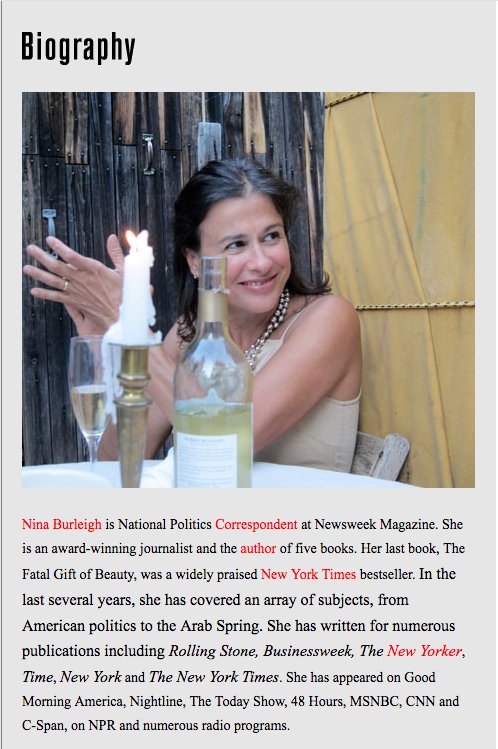Thread Starts here
See link nairametrics.com/category/corpo…
He realised that he was suddenly the only one who had stock of spare parts filled in his warehouse.
But for some astute businessmen, 8 years is just about enough to set the stage to own one of the most sought after assets of the Federal Republic of Nigeria.
Thanks to @BluechipTechNG for making this possible.
We love your feedback so do send them coming.
Second part of this Episode will be live next week. Thanks and remember to retweet the first tweet of this thread.
*End*









